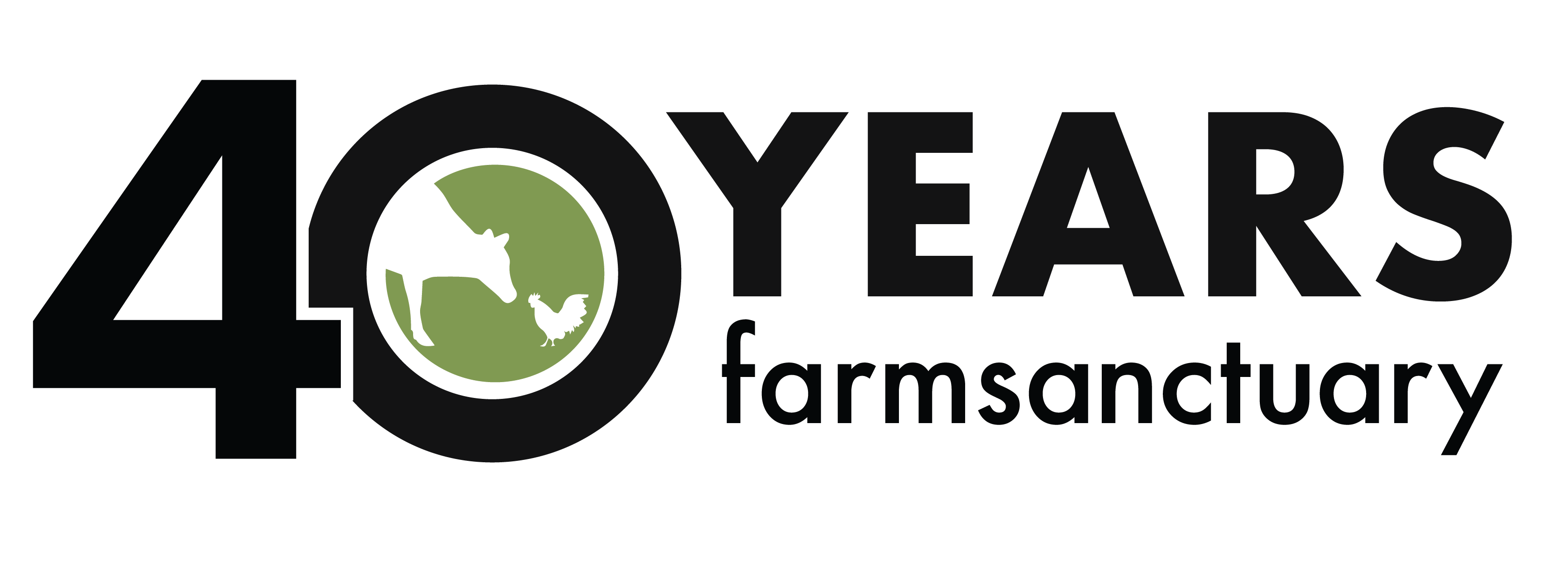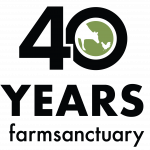Forty-one years ago, Senator Gaylord Nelson of Colorado celebrated the first Earth Day. In his speech, he provided a direction for environmental policy in the United States.
“Our goal is not just an environment of clean air and water and scenic beauty,” he said. “The objective is an environment of decency, quality, and mutual respect for all other human beings and all other living creatures.”
However, even when confronted with local and global environmental crises, policymakers have neglected Senator Nelson’s vision. Instead of mutual benefit, they’ve chosen further extraction and exploitation. They’re putting tens of billions of dollars towards commodity crops and industrial animal agriculture, perpetuating a dangerous and wasteful system. And now, we see more of the same in factory farm biogas.
Biogas from CAFOs is neither clean nor naturally renewable. It’s not a replacement for clean solar, water, wind, and geothermal energy. It does not solve the environmental degradation or the human and other animal suffering caused by factory farming.
This Earth Day, we must reject biogas in favor of energy and agricultural changes that can actually build a sustainable, just future.
Read on to learn why biogas is a toxic, greenwashing distraction.
Biogas in theory and practice
Biogas––turning organic waste into clean, renewable fuel––sounds like an attractive idea.
Biogas is a fuel produced by organic material, primarily animal manure, corn, wastewater solids, food waste, and fats, oils, and greases. In theory, this technology can help contribute to a more “circular economy,” where the outputs of economic activity fuel future inputs. That’s why some organizations have called biogas a potentially “ideal” source of energy.
For the few difficult-to-transition industries and processes, gas from food waste or municipal wastewater can help bridge the gap between the unsustainable present toward a better future.
In the case of our energy and food system––biogas is a dangerous distraction. It fails to close the loop, resulting in Greenhouse Gas (GHG) emissions, water and air pollution, and unnecessary public health risks.











